The families of McMahon and O’Mahoney are related only by the common derivation of their names from the Irish name Mahon (in Gaelic Mathuna) which was a personal name, meaning a bear.
The O’Mahoney or Mahony name is derived from Mathuna, a grandson of Brian Boru. The family were the Eoganacht, the regal dynasty of Munster and were one of the most prominent of West Munster. Their descendants are still numerous, particularly in counties Cork and Clare and the name is one of the 100 most common in Ireland.
The McMahon family is derived from two separate origins. One of these, the most numerous, is a sept from County Clare which descends from Mahon, son of Murtagh Mór O’Brien, grandson of Brian Boru, and King of Ireland until his death in 1119.
The other, unrelated, sept of the McMahon family were rulers of the ancient territory of Oriel in Ulster, and it is still a very common name in County Monaghan.
The McMahon name is sometimes shortened to Mahon or Mohan. By a process of Gaelicization, it has also become Vaughan. Although there is a Welsh name, Vaughan, most Irish Vaughans are derived from (Mc)Mahon.
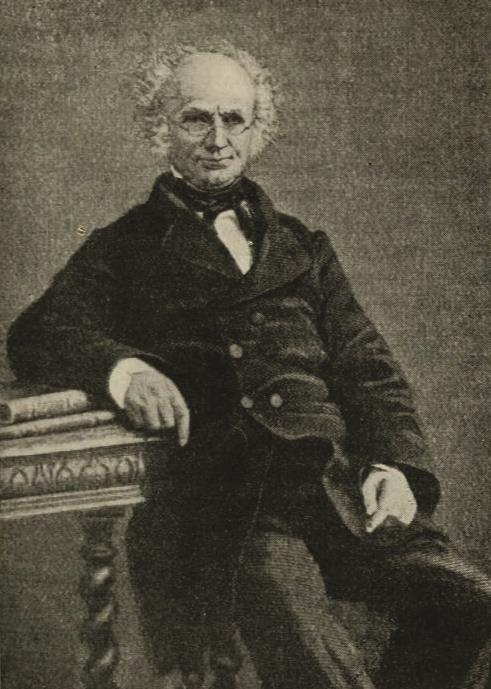
Notable among the Mahon family is Charles James Mahon, or the “O’Gorman Mahon” (1800-1891). A colleague of Daniel O’Connell, the hero of the Catholic Emancipation Movement, he was briefly a Member of Parliament (MP) for County Clare in 1830. Upon falling out with O’Connell, he began an extended period of world travel during which time he visited Africa, India, and China and served the Turkish and Austrian armies. He was a general in the Civil War in Uruguay, commanded a Chilean fleet in the war with Spain, and was a Colonel in the army of the Emperor of Brazil. He also fought with the Union Army in the American Civil War.
Returning to Ireland in 1871, he became a follower of Charles Stuart Parnell, the leader of the Home Rule movement, and was once again elected Member of Parliament. He held this seat until his death.
On the Mahony family, Francis Sylvester Mahony (1804-1866) was born into a prosperous wool business family in Cork. He was ordained in 1832 but after a disagreement with his bishop, he left the priesthood and began to write in London under the name “Father Prout.” Although he spent most of his life abroad as a journalist and writer, he is perhaps best remembered for his poem on Cork City’s famous landmark, the “Shandon Bells.”
Herbert McMahon (1600-1650) combined the unlikely careers of bishop and general. He was bishop of Down and Conor and was also counsellor to Owen Roe O’Neill, one of the leaders of the rebel Catholic Confederacy. When O’Neill was killed in 1649, he himself led the Ulster army but was captured by the Cromwellian army and executed.
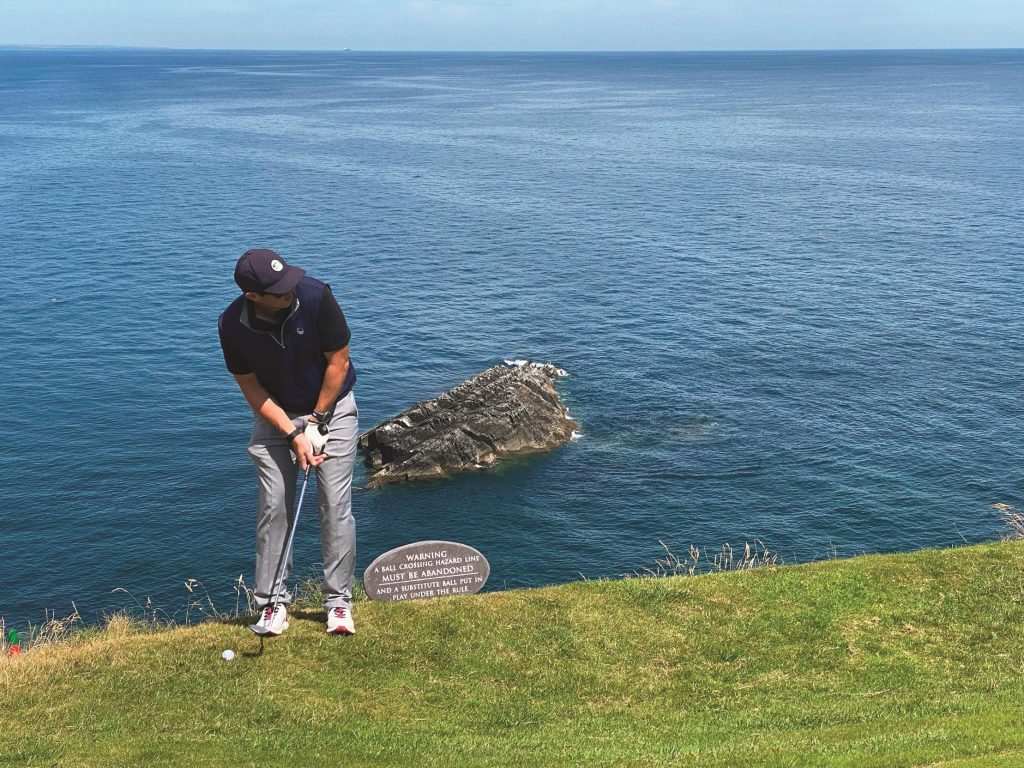
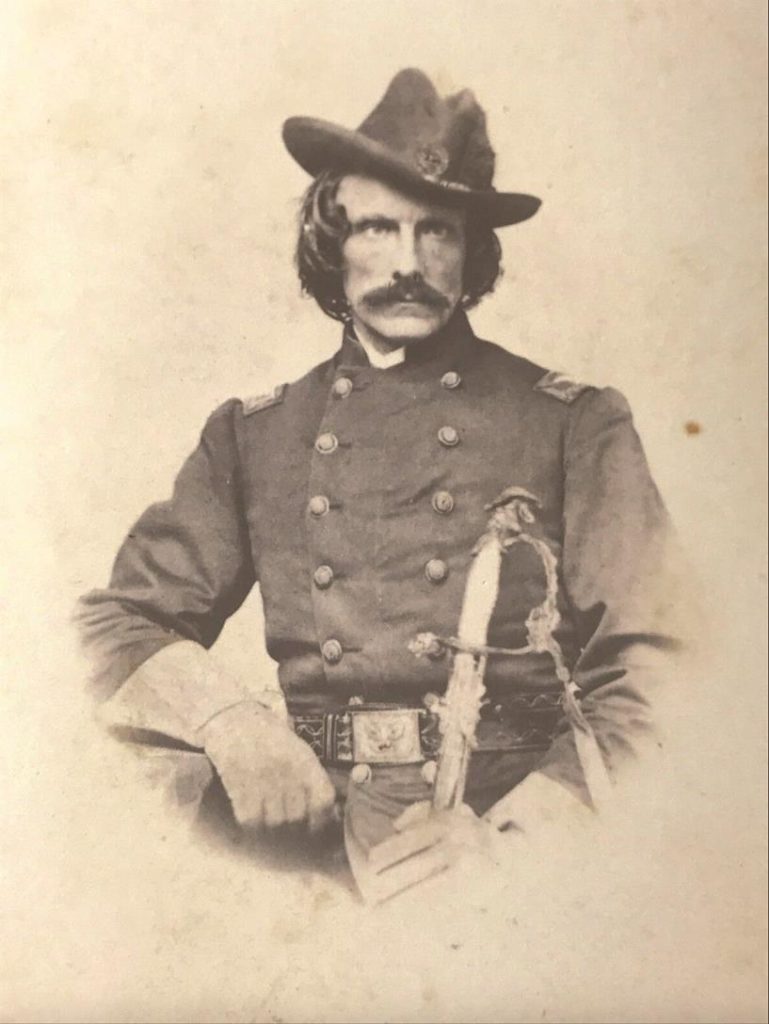
John O’Mahony (1816-1877) was one of the most attractive figures of the Irish nationalist movement. Born in County Cork, he was active in the Young Ireland movement of 1848. He escaped to New York in 1853 and in 1858, he founded the Fenian movement, in association with the Irish Republican Brotherhood in Dublin. During the Civil War he recruited Irish soldiers for the Union side and raised the 99th Regiment of the National Guard, of which he was a Colonel. He served as president of the Irish Republican Brotherhood and is buried in Dublin.
Dennis Hart Mahan (1802-1871) was born in New York and joined West Point, where he became an expert on field fortification. His classic book on the subject was widely used in the Mexican and Civil Wars, and was even reprinted in the South for use by Confederate officers. He was also one of the 50 founders of the U.S. National Academy of Sciences. His son Alfred Thayer Mahan (1840-1914) was a U.S. Naval officer and historian. During the Civil War he served with the Navy on blockade duty and later was a lecturer at the Naval College of Newport. His book The Influence of Sea Power on History 1660-1783, was a celebrated historical work and influential in demonstrating the importance of naval power.
William Mahone (1826-1895), born in Virginia, was Colonel of the 6th Virginia Regiment during the Civil War and was one of the heroes of the Confederate army. He was particularly popular with his men and morale was high in his brigade. After the war he was involved in the establishment of southern railways and was elected to the Senate in 1880. A memorial to him stands in Petersburg, Virginia.
In the American War of Independence there were 89 Mahonys and 143 McMahons among the American rebel forces. These included William McMahon, a surgeon of the Virginia Line; Captain John Mahon of the 11th Regiment, Pennsylvania Line; and Sub-Lieutenant Dennis Mahoney of the French-Irish Brigade.
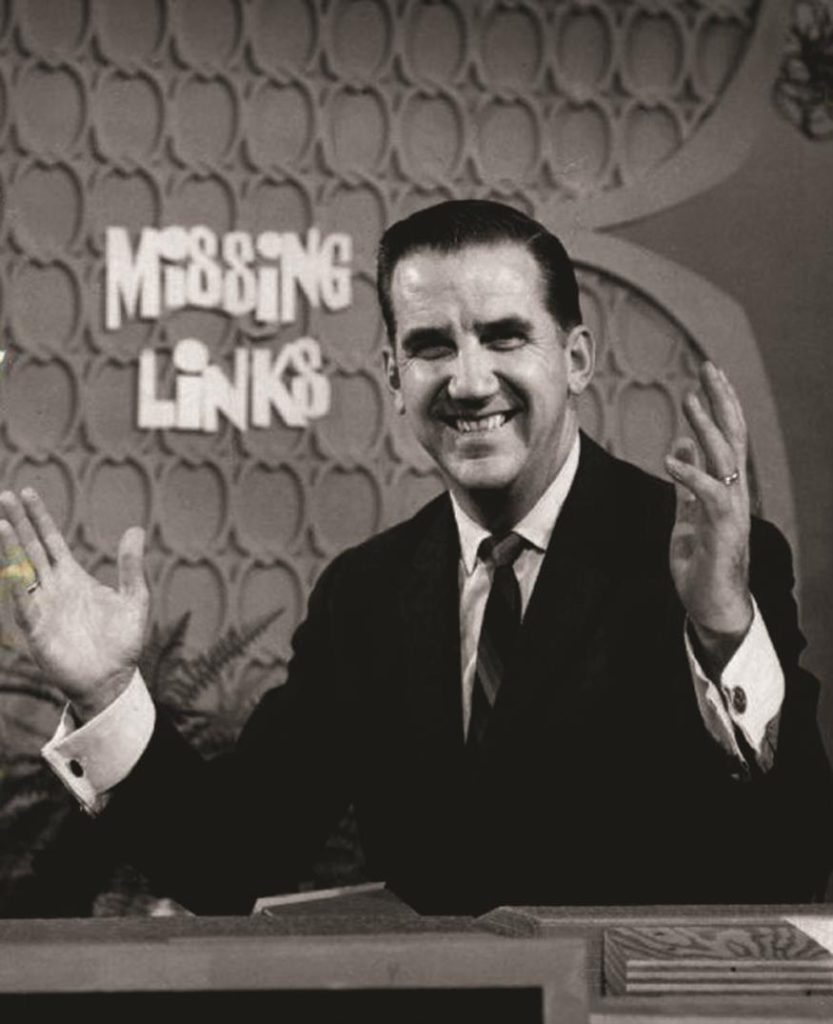
Jumping ahead to the 20th century, the military tradition is carried on by Ed McMahon, who before his career as a games show host, and his 30-year stint as Johnny Carson’s sidekick and announcer on The Tonight Show, served as a U.S. Marine pilot and aviator.
Turning now to Wikipedia and baseball player, Don McMahon.
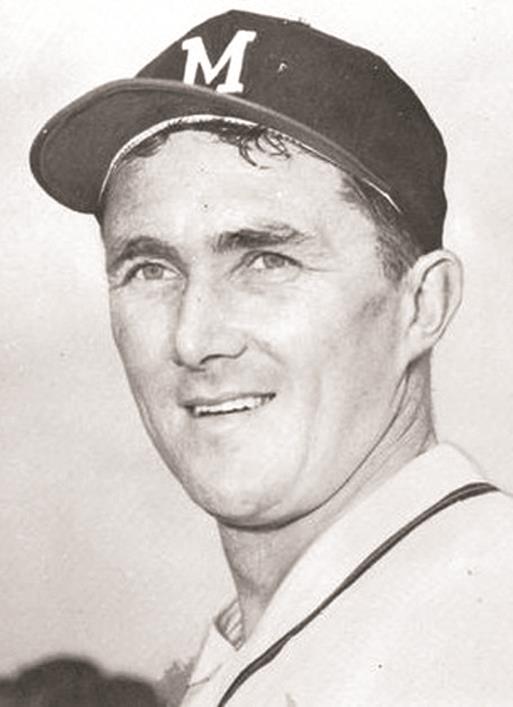
Donald John McMahon (January 4, 1930 – July 22, 1987) was a Major League right-handed relief pitcher. Born in Brooklyn, New York, he was signed by the Boston Braves before the 1950 season, and ended his career playing for the San Francisco Giants (1969-74). He served as the Giants pitching coach from 1972 to 1975, and also from 1980 to 1982.
In 1987, he was working as an instructional coach and scout with the Los Angeles Dodgers and often pitched batting practice before many home games. On July 22, McMahon suffered a fatal heart attack at batting practice and passed away soon afterward.
He was 57. Tommy John, McMahon’s teammate on the Indians, described the pitcher as “a nail-tough, confident-bordering-on-cocky, Brooklyn-born veteran.”
The Buffalo Sports Hall of Fame posthumously inducted William “Doc” McMahon in 2022. McMahon, a flight surgeon for the U.S. Air Force from 1943-49, served as the tournament director for the Niagara Falls Country Club and the Porter Cup for 17 years. He also served as the chairman of the Porter Cup from 1962-64, and again in 1974.
Roots of the McMahon and O’Mahoney clans run deep, so does the history of the Guardian Company founded in 1860 when a group of immigrants joined together to insure and protect their families. Today, Andrew J. McMahon, the grandson of immigrants, is chief executive officer and president of Guardian and when he is not working he too enjoys a game of golf, especially if that course happens to be Waterville, or the Old Head of Kinsale, as noted in our cover story.

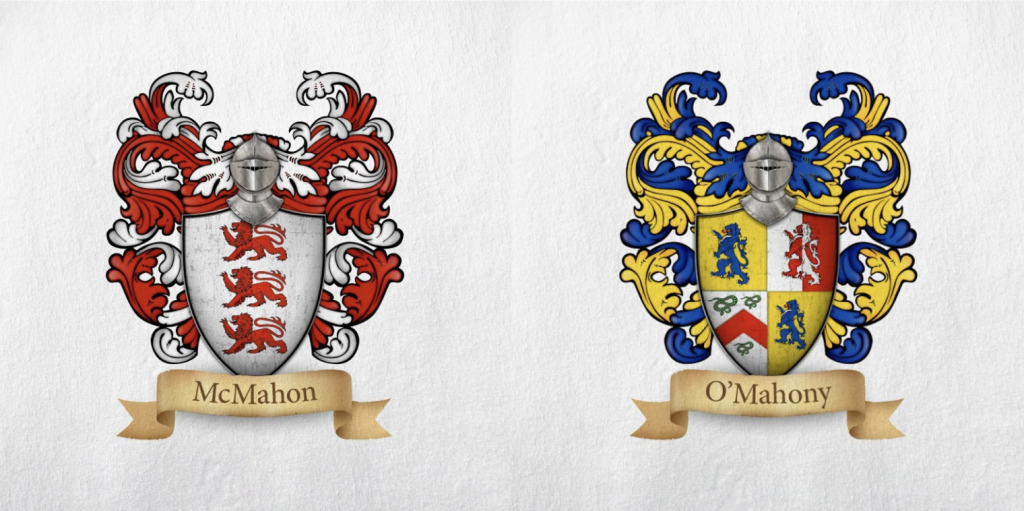
Leave a Reply